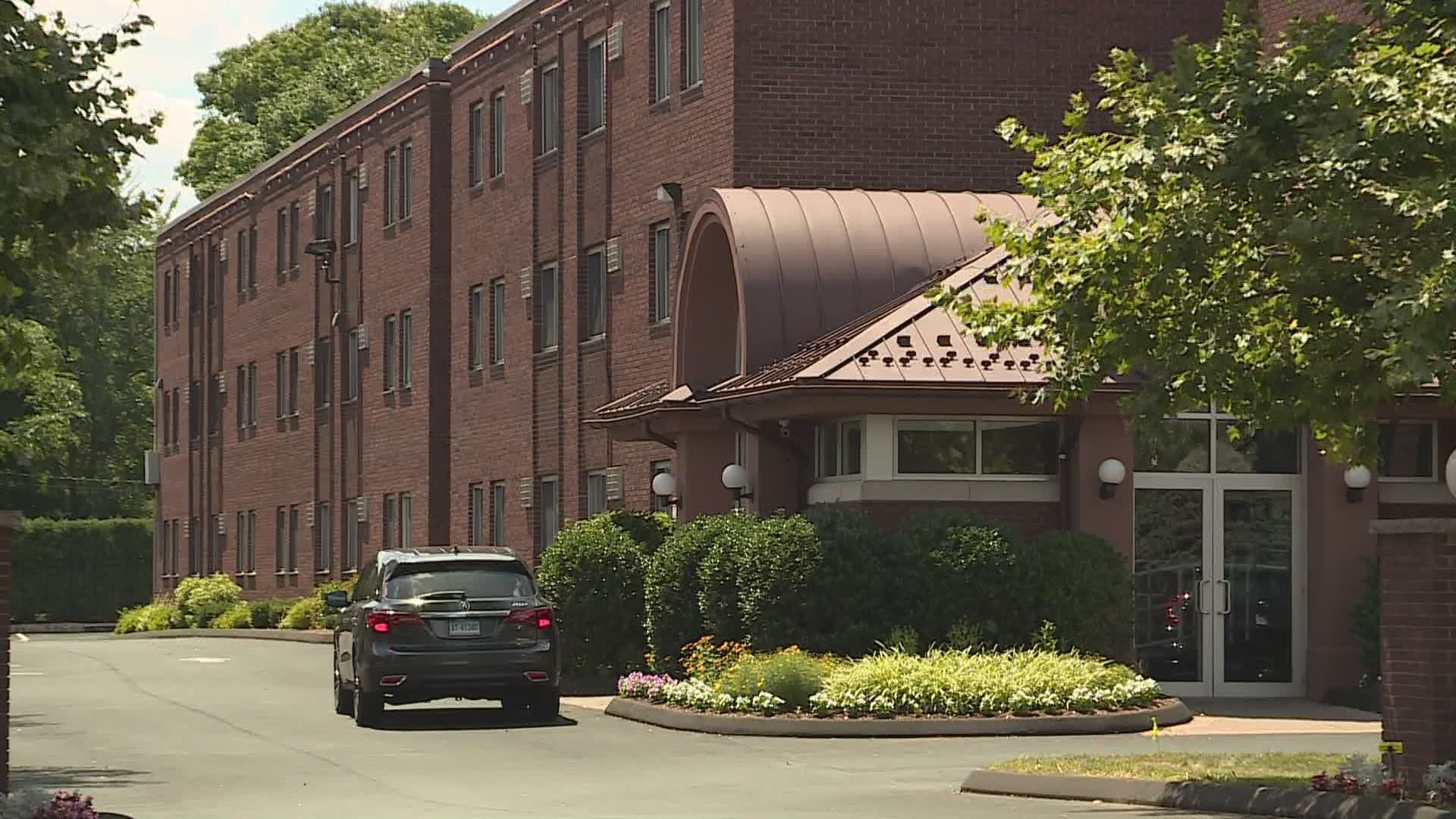HARTFORD, Conn. — One third of people in Connecticut are renters and many of them are facing a potential crisis, according to housing experts.
"We're talking about reopening schools, possibly. We're talking about folks beginning to go back to work. They're going to need a stable home to do that from," says Cecil Thomas, a lawyer at Greater Hartford Legal Aid.
According to the Eviction Lab, Bridgeport, Hartford, Waterbury and New Haven are already in the top 100 cities in the country with the highest eviction rates. A 2019 report from the National Low Income Housing Coalition revealed Connecticut workers need two-and-a-half full-time minimum wage jobs to afford a $1,300 2-bedroom rental home.
"So, even before the pandemic we had a serious eviction crisis on our hands and with the impact of COVID-19 that’s only going to be aggravated," says Thomas.
The Greater Hartford Legal Aid says research groups estimate that as many as 200,000 renter households are at risk of eviction at the end of September.
Nonprofit organizations like Always Home are working to secure money to help renters pay for retroactive rental payments so that they don’t end up in housing court.
"The side effects of eviction are felt for a long time," says Always Home's Executive Director, Betty Smith. "They’re not just the immediate fact that you have to get out of your house. It affects your credit rating. It affects your ability to be able to apply for other housing, etc. So, we are absolutely working on trying to prevent that from happening."
Senators Blumenthal and Murphy say the next federal aid package Democrats have introduced in Congress called the HEROES act would include money for tenants to help pay their rents.
"Stopping eviction through this rental assistance program will be game changing," says Senator Richard Blumenthal.
Allocating money to renters "then stops evictions but also puts money in the pockets of landlords so they can pay their mortgage," says Senator Chris Murphy.
At the state level, Governor Lamont says he is going to incentivize landlords to negotiate payment plans with tenants over the next 6 months to prevent eviction and pay back rent due since April. On July 15, the state funded $10 million dollars in temporary housing rental assistance programs.

